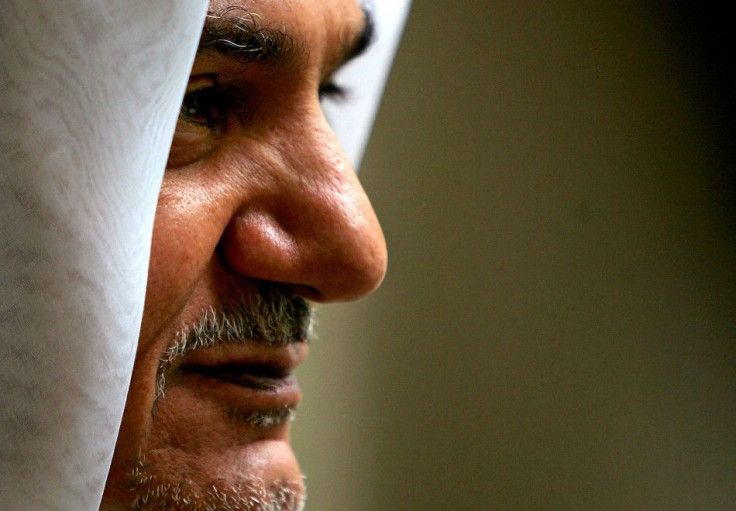Saudi Arabia Mulls Nuclear Weapons Over Iran Threat

The possibility of Iran having nuclear weapons could have escalated a Middle East arms race months or even years before previously expected. On Monday, a high-ranking member of the royal family in Saudi Arabia said that the kingdom would consider its own nuclear program if threatened by its neighbors.
Both Israel and Iran are thought to either have or to be developing nuclear weapons; the former still closely guarding it secrets, the latter trying to downplay its nuclear capabilities after the release of an International Atomic Energy Agency (IAEA) report in November.
Prince Turki al-Faisal said that Saudi Arabia could be forced to follow suit given the rising tensions in the region. The country is on poor terms with both Israel and Iran.
If our efforts, and the efforts of the world community, fail to convince Israel to shed its weapons of mass destruction and to prevent Iran from obtaining similar weapons, we must, as a duty to our country and people, look into all options we are given, including obtaining these weapons ourselves, Prince Turki told a press conference.
(The prince is quoted differently by one of Iran's state-run media agencies, The Tehran Times, which claims that Turki said instead: “Our efforts and those of the world have failed to convince Israel to abandon its weapons of mass destruction, an slightly altered quote with much different insinuations.)
Iran has repeatedly claimed that its nuclear program is only designed for energy, and has recently added that the whole IAEA report could have been fabricated to justify either an Israeli or U.S. attack. But the report, which stated that Iran has tested nuclear weapons components and is trying to make a warhead that would fit on their existing rockets (rockets that can hit both Israel and Saudi Arabia) -- a development that has worried many regional and international powers.
(The Gulf states) are terrified of Iran and they are determined to reinforce the notion in Washington and the West that Iran is the boogeyman, Christopher Davidson, an expert on Gulf affairs at Britain's Durham University, told The Associated Press.
Since even before the IAEA report was published a military response to Iran has been on the table. Israel, thought to be the only Middle East country that currently has a nuclear weapon, considers a nuclear Iran a direct threat to its sovereignty and Prime Minster Benjamin Netanyahu has suggested that a strike against Iran's nuclear facilities is necessary for international security.
Additionally, a recent Quinnipiac poll show that 50 percent of Americans think that bombing Iran is necessary if sanctions fail to derail the country's nuclear ambitions.
Last month, Netanyahu's cabinet took all offensive plans off the table but there still could be other significant consequences of a nuclear Iran. It would create a potent shift in power in the Middle East and cause regional instability. Turki's statement's this week prove that a nuclear arms race is one of the many potential outcomes, and other countries could begin developing not only their own nuclear weapons, but also new missile defense systems similar to Israel's Iron Dome.
Prince Turki is a former ambassador to the United States and intelligence chief. He currently does not hold an official position in the Saudi Kingdom, but he is considered to be an influential member of the royal family.
© Copyright IBTimes 2024. All rights reserved.




















